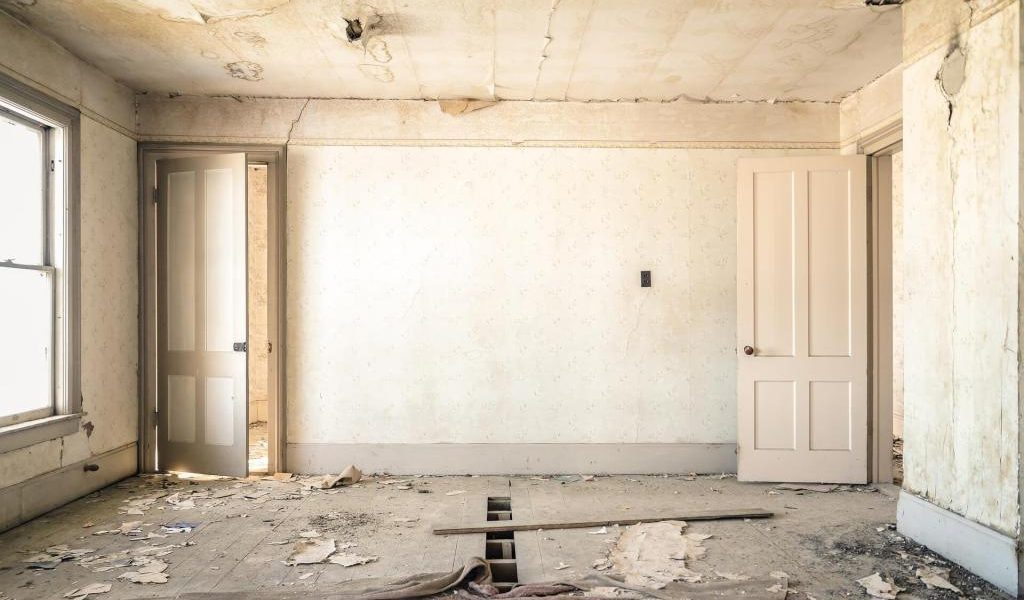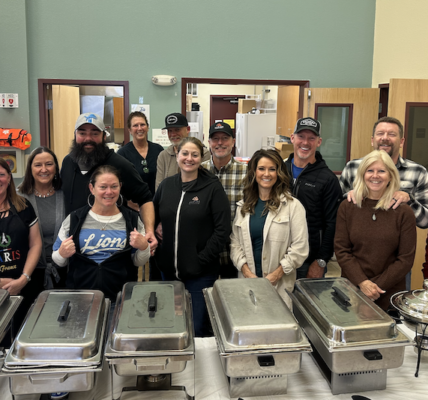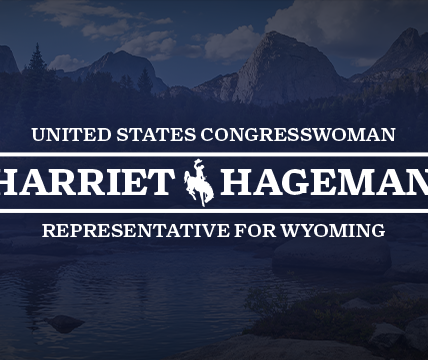By Carrie Haderlie
The Sheridan Press
Via- Wyoming News Exchange
SHERIDAN — Wyoming’s Republican Sen. Cynthia Lummis is among those leading bipartisan federal efforts to preserve the nation’s aging, existing housing stock as one solution to a nationwide housing shortage.
Lummis is co-sponsoring “The Whole-Home Repairs Act of 2024 (S. 3871)” with Sen. John Fetterman, D-PA. The legislation would establish a whole-repair grant program for low-and moderate-income eligible homeowners and landlords.
In an email statement to The Sheridan Press, Lummis said the Whole-Home Repairs Act is “purely a way to cut red tape to make it easier for low-income families throughout Wyoming to access federal home repair grants.”
“I’m constantly working to find solutions to fix the housing crisis in a fiscally responsible way,” Lummis said. “It is important for low-income families throughout the Cowboy State to live in homes that are livable. This is a very serious issue for many in Wyoming; specifically, our tribal communities where 5% of tribal housing is not safe and habitable.”
The proposed legislation would not create new funding but would make it easier to navigate existing federal home repair grant programs.
S3871 was introduced in the Senate on March 5, and was referred to the Committee on Banking, Housing and Urban Affairs. Its Subcommittee on Housing, Transportation and Community Development held open hearings on the bill on April 16, which must go through a full committee markup process before being reported back to the Senate.
Lummis is the minority ranking member of the Subcommittee on Housing, Transportation and Community Development. At the April 16 meeting, she noted that to meet housing needs in Wyoming, somewhere between 20,000 and 38,000 new housing units statewide will need to go up in the next decade.
“In Wyoming, that is a lot. … and (that number) goes up every time an existing house falls into disrepair and becomes uninhabitable,” Lummis said.
Fetterman called the Whole-Home Repairs Act “agnostic to politics” at the hearings, and said funding freed by a whole home repairs program could address issues as varied as a leaky roof to grab bars and safe showers, repairs that could help seniors continue living in their homes as long as possible.
Nearly half of the homes in the United States are more than 40 years old, according to Subcommittee Chair Sen. Tina Smith, D-MN.
“(As) Americans living in them … continue to age, it is important for us to understand what it will take to keep our homes habitable, affordable and accessible, both for current residents and for the future,” Smith said.
Lummis pointed out that home preservation is particularly a problem in rural areas, where houses tend to be older and more likely to need major repairs or be abandoned. Lummis, who was born in Cheyenne, said she recently moved back into the ranch house where she grew up, and found it was on top of a cinder block foundation. Drainage and repairs to the home, she said, were “extremely expensive.”
“Our rural homeowners work hard to achieve the American Dream, and they are more likely to own their homes outright. But inflation has made things much more expensive lately, and home repairs and construction costs have risen, have just gone up dramatically,” Lummis said.
When a major home repair is needed, rural homeowners are often unable to obtain the mortgage or home equity line of credit to fund these projects, she said. Banks and appraisers can be in short supply in rural areas, as are contractors like electricians and roofers.
“When these properties are abandoned, that is often the end. There is no economic incentive to rehabilitate the homes, and they often aren’t replaced either,” Lummis said.
Chris Volzke, deputy executive director with the Wyoming Community Development Authority, said a similar yet much smaller version of the program envisioned in the Whole-Home Repairs Act exists within the USDA-RD as the 504 program. That program allows qualifying “very low-income persons” to access low interest loans and grants for necessary home repairs.
“This has shown to be a successful program directly tackling the needs we are discussing today,” Volzke said during the hearings.
The Whole-Home Repairs Act would amplify the impact of this concept to the low- and moderate- income homeowners.
“This vision of Sen. Lummis and Fetterman allows our working-class citizens to access the help they need to keep their homes in a safe, sanitary and repaired state,” Volzke said.
The legislation proposes a nationwide five-year pilot program to assist homeowners facing critical home repair needs and combat the housing crisis. Escalating repair and utility expenses often compel low-income homeowners and renters to endure conditions such as mold, lead paint, faulty plumbing and other hazards to health and safety.
“When households cannot manage repair costs, it results in housing deterioration, contributing to the affordable housing challenges,” Volzke said.
Jesse Ergott, president and CEO of NeighborWorks Northeastern Pennsylvania on Pennsylvania’s Whole Home Repairs Program, testified a federal program would be specific in its use but flexible in its practical implementation, layering whole home repairs funding with other federal sources like the HUD programs.
Program administration could be tailored at municipal and county levels to meet the local needs, he said. Fetterman testified that allowing homes to fall into disrepair affects the housing crisis, as well as local coffers: abandoned homes often come with a $20,000-plus price tag for cleanup or demolition.
“Now, as politics become more and more divisive and everything, it is encouraging that we can have something like this. Hopefully we can have something to acknowledge that we want to serve everyone … to provide elderly (the ability) to live in dignity, to preserve our housing stock and remind everybody that we need solutions,” Fetterman said.





